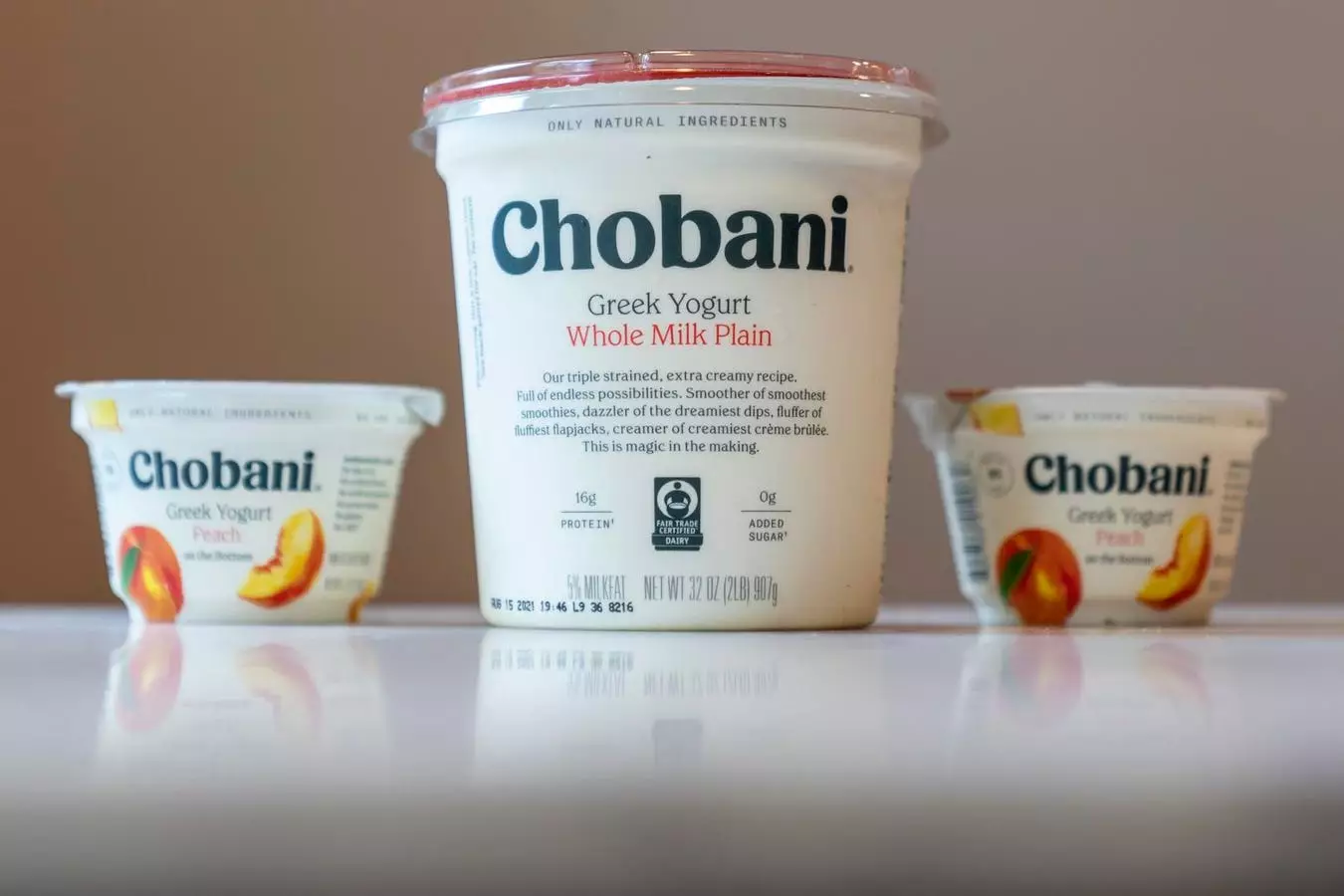In an era marked by uncertainty and challenges in the global food landscape, Hamdi Ulukaya, the visionary founder of Chobani, stands out as a symbol of hope and resilience. With over a decade of experience as a reporter at Forbes, I have witnessed firsthand the intricate dynamics of food, agriculture, and sustainability. Today, I am excited to delve into Ulukaya’s bold initiatives aimed at revitalizing local dairy production in the face of industry consolidation and the looming threats posed by large corporations. His recent commitment of $1.2 billion to construct a new Chobani dairy plant in upstate New York is not just a financial gesture; it embodies a transformative vision for the future of food systems.
Investing in Local Communities
Ulukaya’s effort to invest in infrastructure within the Northeastern dairy industry marks a pivotal moment for local economies that have suffered from the rise of mega-companies in the West. For years, small and medium-sized operations have found themselves overshadowed, leading to a decline in regional dairy production. By channeling funds into a new state-of-the-art facility, Ulukaya is not merely focused on profit margins; he recognizes an essential truth: that food security and local economic vitality are interconnected. His perspective challenges the conventional corporate mindset, which often seeks to maximize short-term gains at the expense of community well-being.
During a conversation with Ulukaya, he expressed a profound responsibility toward future generations: “We could make all the advances in life, but if we can’t feed our children good food, that’s not a success.” This statement epitomizes his commitment to rethinking our food systems. In a time when many are disengaged from the source of their sustenance, Ulukaya emphasizes the importance of nourishing communities as a foundational priority.
The Role of Policy in Our Food Ecosystem
Amid the innovations in food production, policymakers are also making significant decisions that could shape our food systems for years to come. The recent decisions by states such as Utah and Florida to ban fluoride in drinking water reflect a broader trend of reevaluating public health protocols. Critics, including health experts, argue that this could have negative repercussions on community health. The interplay between industry and government will continue to evolve, as evidenced by Robert F. Kennedy Jr.’s push against synthetic food dyes.
While there may not be a full ban mandated, a cultural shift towards transparency in food production is essential. The public deserves to know what goes into their food. As one who has spent years exposing the complex origins of food additives, I find Kennedy’s advocacy refreshing. However, this isn’t just about eliminating harmful substances; it’s about prioritizing natural ingredients and promoting transparency so that consumers can make informed choices.
Job Cuts and Safety Concerns in Food Oversight
Navigating the tumultuous waters of food regulation is another area of concern. With the recent layoffs of approximately 3,500 FDA employees, a looming question hangs in the air: How will these cuts impact food safety? As we face increasingly complex global food supply chains, the risk to public health grows with reduced regulatory oversight. It’s crucial that consumers and advocacy groups remain vigilant about maintaining stringent safety standards, lest we allow corporate interests to dictate our food quality.
The ripple effects of decisions made in the halls of power resonate deeply. Food safety shouldn’t only be an industry concern; it’s a societal obligation. Stakeholders must come together – whether they are farmers, manufacturers, consumers, or regulators – to build a framework that prioritizes public health.
Empowering Future Leaders in Sustainable Food Practices
During my recent discussion with students at Harvard Business School, I emphasized the importance of innovative thinking among future leaders. The next generation must challenge the status quo and champion sustainable practices. Leaning into creative models such as alternative financing for food production, community-based food access initiatives, and small-scale infrastructure development can pave the way for significant changes.
One thought-provoking insight from Will Harris of White Oak Pastures resonated with the audience: “Replicability is better than scalability.” Rather than pushing for an unsustainable growth model, fostering systems that can be adapted and repeated will strengthen local food ecosystems. I encourage these students to become catalysts for change in their communities, urging them to consider equitable and sustainable practices from the ground up.
As we unearth new opportunities within our food systems, the focus must remain on building infrastructure that supports holistic health – one that encompasses environmental sustainability, community engagement, and accessible nourishment for all.


Leave a Reply